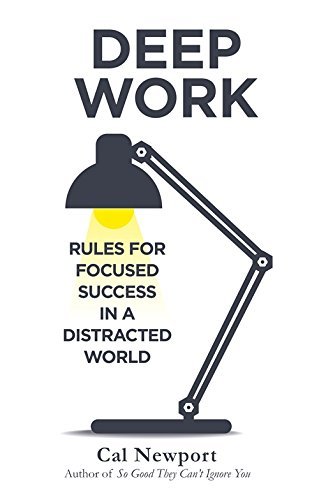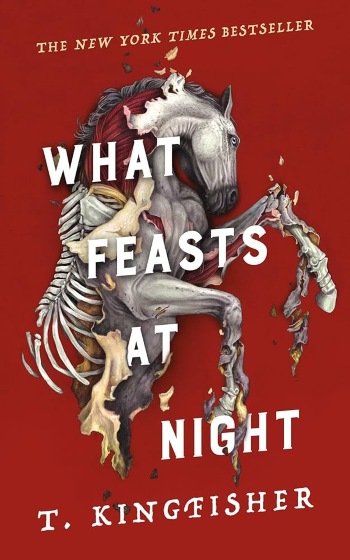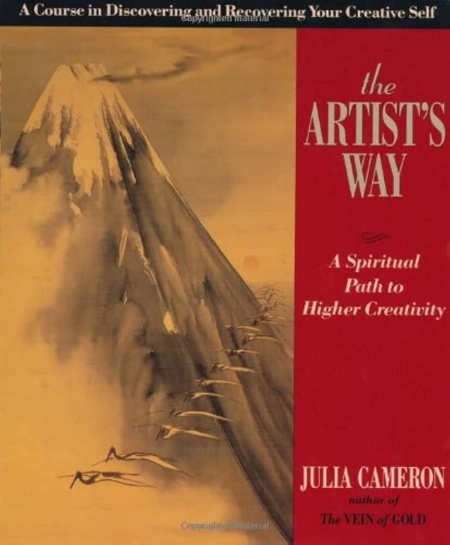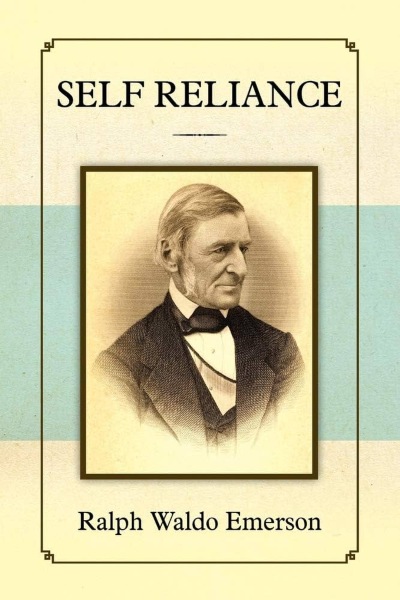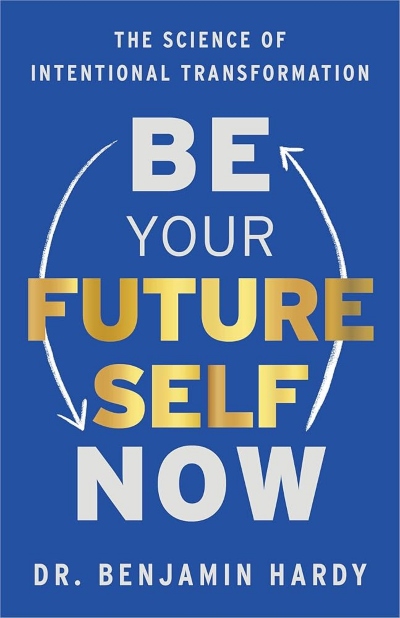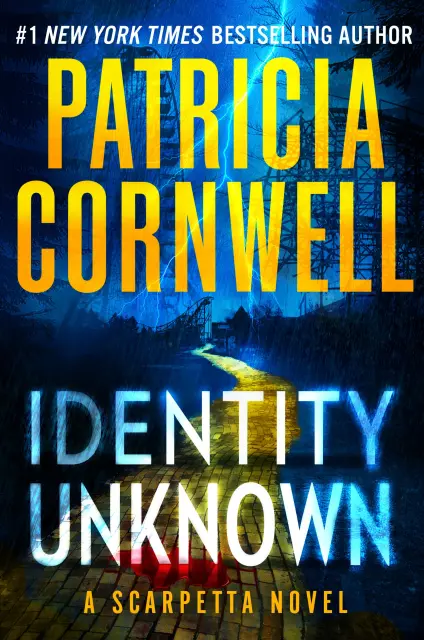Book Review | I’m Glad My Mom Died by Jennette McCurdy
McCurdy’s memoir is both heart-wrenching and full of strength. The candid way she discusses her trauma allows readers to connect deeply with her story. Her journey is a testament to the resilience of the human spirit and the power of reclaiming one’s identity.
Jennette McCurdy’s I’m Glad My Mom Died offers a brutally honest and gripping portrayal of her life as a child star and the abuse she endured at the hands of her mother. The self-help memoir dives deep into McCurdy’s struggles with body image, eating disorders, and her forced acting career. Through humor and emotional rawness, McCurdy takes readers on a journey of trauma, healing, and self-discovery. This I’m glad my mom died book review highlights the complex relationship between McCurdy and her mother, focusing on the memoir’s key themes of control, identity, and recovery.
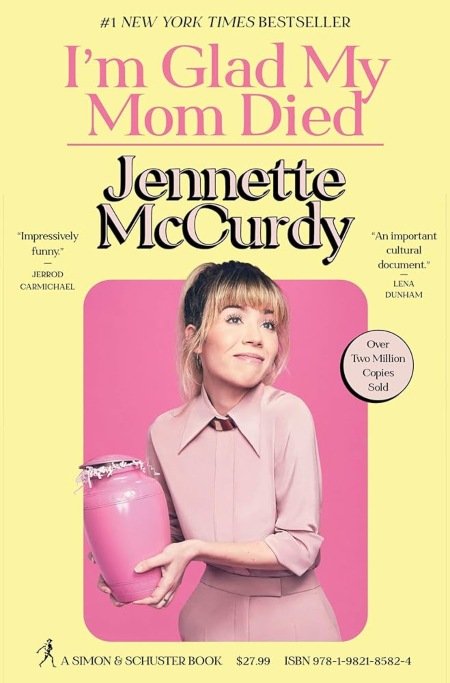
Childhood Trauma and Manipulation
McCurdy opens the memoir by describing how her mother, Debra, pushed her into acting from the age of six. This led to a life of manipulation, where Debra controlled nearly every part of her daughter’s life. She even dictated McCurdy’s body and career choices. McCurdy explains how her mother introduced her to anorexia to keep her looking childlike for roles. This tactic prevented her from growing up too quickly.
- Debra introduced McCurdy to disordered eating at age 11.
- McCurdy’s acting career was entirely her mother’s dream, not her own.
- Debra’s micromanagement extended to McCurdy’s friendships, relationships, and health.
- McCurdy struggled with bulimia and alcoholism well into adulthood, partly as a result of her mother’s abuse.
These points paint a devastating picture of the control Debra exerted over McCurdy’s life, leaving the actress emotionally stunted and unable to form a healthy sense of self.
Healing Through Humor and Honesty
One of the book’s strengths is McCurdy’s ability to balance the heaviness of her trauma with moments of humor. This I’m Glad My Mom Died book review emphasizes how McCurdy’s comedic tone helps to lighten otherwise dark and difficult subject matter. Through her wit, McCurdy explores her complex emotions surrounding her mother’s death, showing that her path to healing was far from straightforward.
The memoir also explores McCurdy’s realization that her acting career and desire for fame were not her own dreams. As she navigates therapy and self-reflection, McCurdy eventually quits acting, recognizing it as a source of pain rather than fulfillment. The humor throughout the book doesn’t detract from the severity of the abuse but allows readers to connect more deeply with her story.

The Moment of Realization
In one of the memoir’s most poignant moments, McCurdy reflects on the realization that her mother’s control wasn’t love but abuse. She writes,
“That pedestal kept me stuck, emotionally stunted, living in fear, dependent, in a near constant state of emotional pain and without the tools to even identify that pain let alone deal with it.”
This quote underscores McCurdy’s growing understanding of the manipulation she endured and her eventual decision to break free. The title of the memoir, while jarring, reflects McCurdy’s complex feelings about her mother. It captures the emotional turmoil of loving someone who caused deep pain. McCurdy’s relief at her mother’s death stems from her newfound freedom. This freedom allows her to discover who she truly is, outside of her mother’s control.
Recovery and Rediscovery
McCurdy’s recovery process is a significant focus of this memoir. After her mother’s death, she begins to unravel the depth of her trauma and abuse, seeking therapy and ultimately quitting the acting career she never wanted. This section of the I’m glad my mom’ died book review shows how McCurdy finds herself by confronting her demons head-on and learning to live outside her mother’s shadow.
- McCurdy finds support in therapy after years of emotional suppression.
- She quits acting and begins to explore new creative outlets that bring her personal joy.
- The process of self-discovery is difficult, as McCurdy grapples with her identity without her mother’s influence.
- She begins to accept the parts of herself that her mother once controlled, such as her body image and personal autonomy.

McCurdy’s recovery is a gradual process, one that involves cutting ties with her past and confronting the painful memories that shaped her. Her journey from a controlled child actress to an independent adult is both heart-wrenching and inspiring. In many ways, this book fits within a specific genre of deeply personal memoirs focused on trauma and healing.
Final Thoughts on I’m Glad My Mom Died
Overall, I’m Glad My Mom Died is a powerful memoir that explores the complexities of abuse, fame, and personal growth. McCurdy’s honest and often humorous recounting of her life makes for an engaging and thought-provoking read. The I’m glad my mom died book review reveals how Jannette McCurdy bravely confronts her traumatic past and emerges stronger, offering hope to anyone who has endured abuse or struggled with identity.
McCurdy’s ability to balance humor with raw emotion makes this memoir a standout in its genre. It’s a reminder that healing isn’t always linear and that breaking free from toxic relationships is the first step toward finding true freedom. For those interested in deeply personal memoirs, this book is a must-read.

